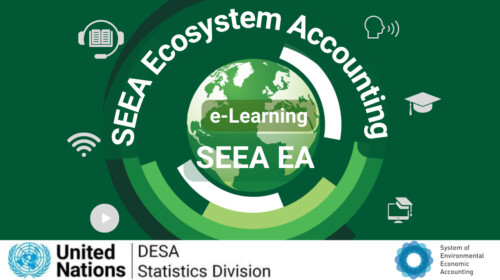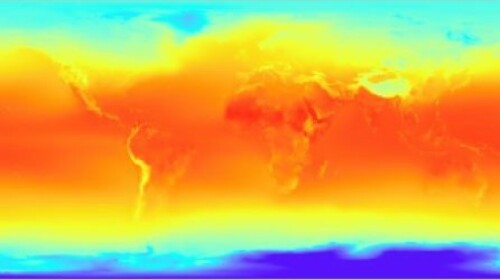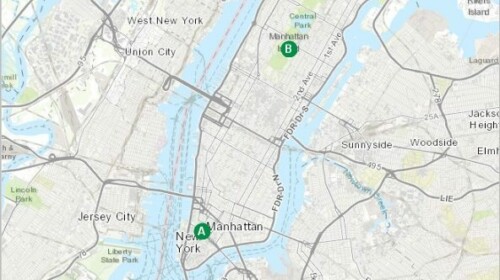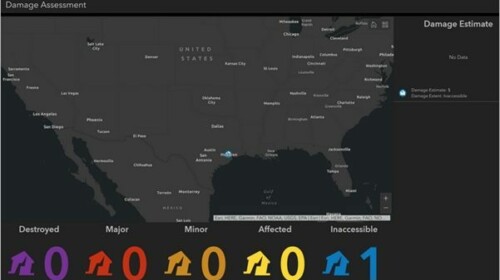Climate change is one of the most pressing issues of our time. Its impacts on well-being are far reaching, including impacts on health and the economy. Humans have contributed to climate change largely through economic activities which are intrinsically linked to climate change. Our supply and use of energy for example has led to increased emissions of greenhouse gases which have resulted in global warming. A better understanding of the relationship between the economy and climate change through the compilation of relevant indicators is key to mitigating and adapting to climate change.
This course will focus on climate change indicators that can be compiled from environmental economic accounts. After a brief overview of climate change and, relevant polices and multilateral agreements, participants will learn how to compile various indicators that inform climate change. The focus of the course is on better understanding the relationship between climate change and economic activity. And the statistical framework that provides the concepts, definitions and methodology for measuring this relationship is the System of Environmental Economic Accounting. In particular, participants will learn about physical supply and use tables for energy and air emissions, and indicators that can be compiled from these accounts. Other topics to be discussed include transaction accounts which can be used to derived expenditure type indicators such those on taxes on energy and pollution. Further details on course content follow below.
Download SyllabusTarget Audience
The target audience are officials in national statistical offices, line ministries (especially ministries of energy, natural resources and environment) and other institutions who are working on climate change related issues. The course can also be useful to a wider audience who is interested to learn more about climate change.
Learning Objectives
By the end of the course, participants will be expected to:
- learn about climate change and relevant policy initiatives
- learn about indicators that inform climate change
- understand how the compilation of energy, air emission and other accounts can be used to compile climate change indicators
- understand the differences between air emission inventories and accounts.






